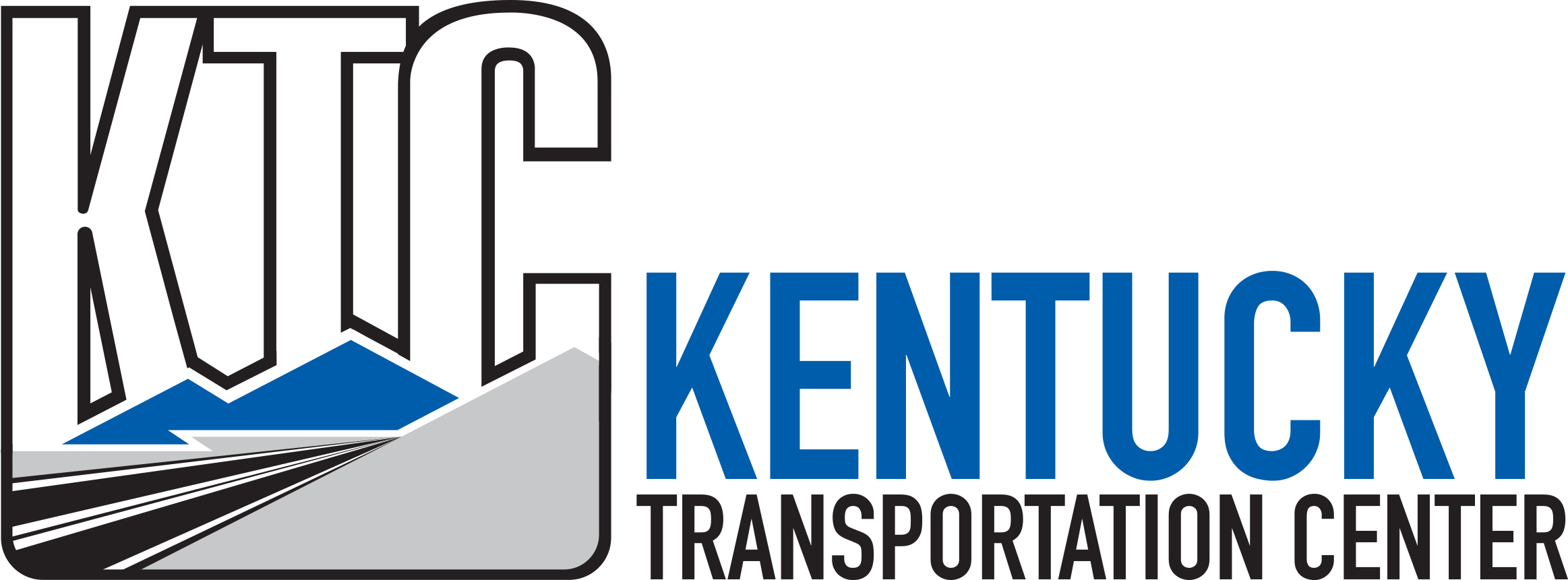Abstract
Among the Kentucky Transportation Cabinet’s (KYTC) business units, the Department of Vehicle Regulation (DVR) has the most interactions with members of the public and other government agencies. Given its high profile and public visibility, it is critical for the department to provide high-quality customer service. Lacking data on customer perceptions of DVR’s level of service, the department commissioned researchers at the Kentucky Transportation Center (KTC) to conduct a baseline and rebaseline customer satisfaction surveys. Along with administering surveys to external customers, KTC’s research team also polled DVR staff to gauge employee morale and identify areas which could be improved. Approximately 90% of departmental staff believe that DVR provides a high level of customer service, and most viewed the department’s divisions favorably. Staff, however, noted the importance of fostering an open, equitable, and collaborative workspace as well as the importance of having up-to-date technological tools to perform daily job functions. With respect to the baseline and rebaseline external customer surveys, this study measured a slight decline in overall customer satisfaction. In the baseline survey, 81% of respondents were very or somewhat satisfied with the service they received; in the rebaseline survey 77% said the same. Regression modeling found a strong negative relationship between number of call escalations (i.e., call transfers) and customer satisfaction; call duration had a smaller but negative impact on customer satisfaction. Survey respondents expressed a growing preference for using electronic means (email, website) to interact with DVR. Moving forward, it will be critical for DVR to dedicate resources to improving its website and streamlining other modes of electronic communication, reducing the number of call escalations, and shortening average call durations – particularly hold times.
Report Date
3-2020
Report Number
KTC-20-05/SPR17-535-1F
Digital Object Identifier
https://doi.org/10.13023/ktc.rr.2020.05
Repository Citation
Martin, Steven Andrew; Van Dyke, Christopher W.; Walton, Jennifer R.; Koo, Jeeyen; Keathley Helil, Valerie; and Howell, Brian K., "Developing a Baseline for Customer Satisfaction in the Kentucky Transportation Cabinet's Department of Vehicle Regulation" (2020). Kentucky Transportation Center Research Report. 1697.
https://uknowledge.uky.edu/ktc_researchreports/1697



Notes
© 2020 University of Kentucky, Kentucky Transportation Center
Information may not be used, reproduced, or republished without KTC’s written consent.
The contents of this report reflect the views of the authors, who are responsible for the facts and accuracy of the data presented herein. The contents do not necessarily reflect the official views or policies of the University of Kentucky, the Kentucky Transportation Center, the Kentucky Transportation Cabinet, the United States Department of Transportation, or the Federal Highway Administration. This report does not constitute a standard, specification, or regulation. The inclusion of manufacturer names or trade names is for identification purposes and should not be considered an endorsement.